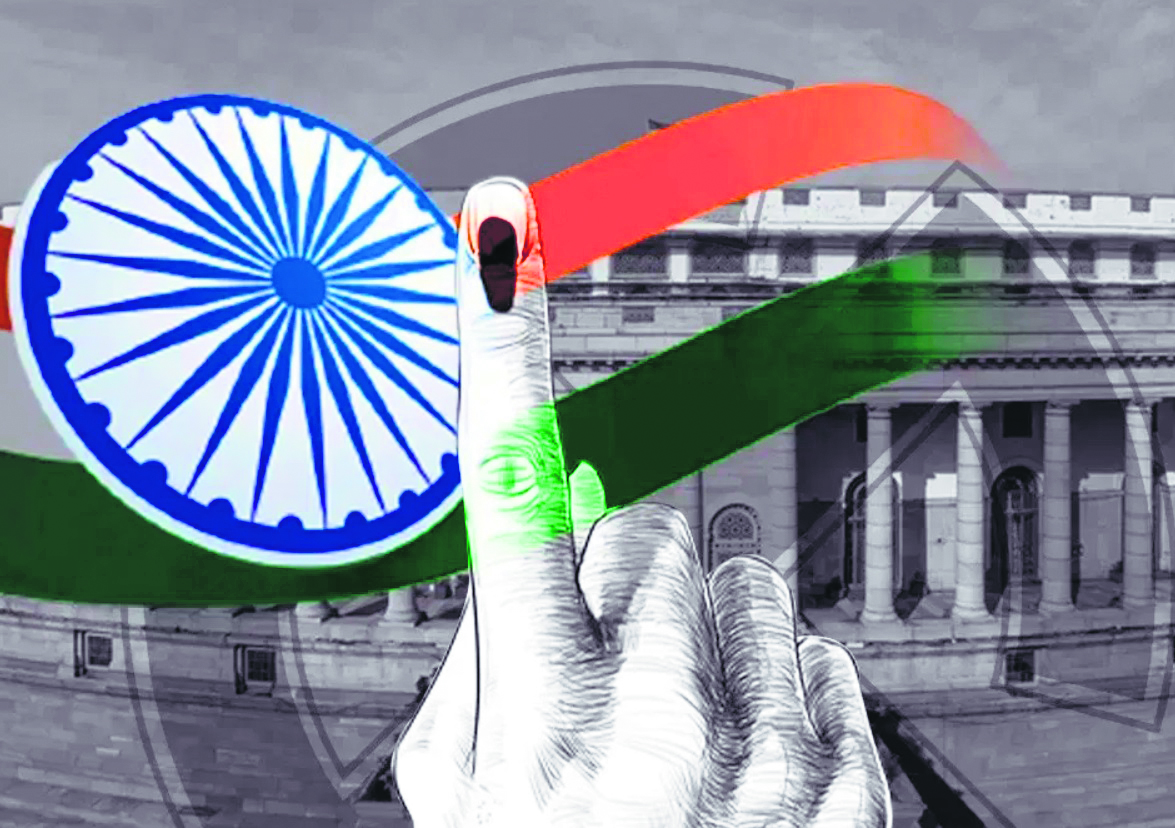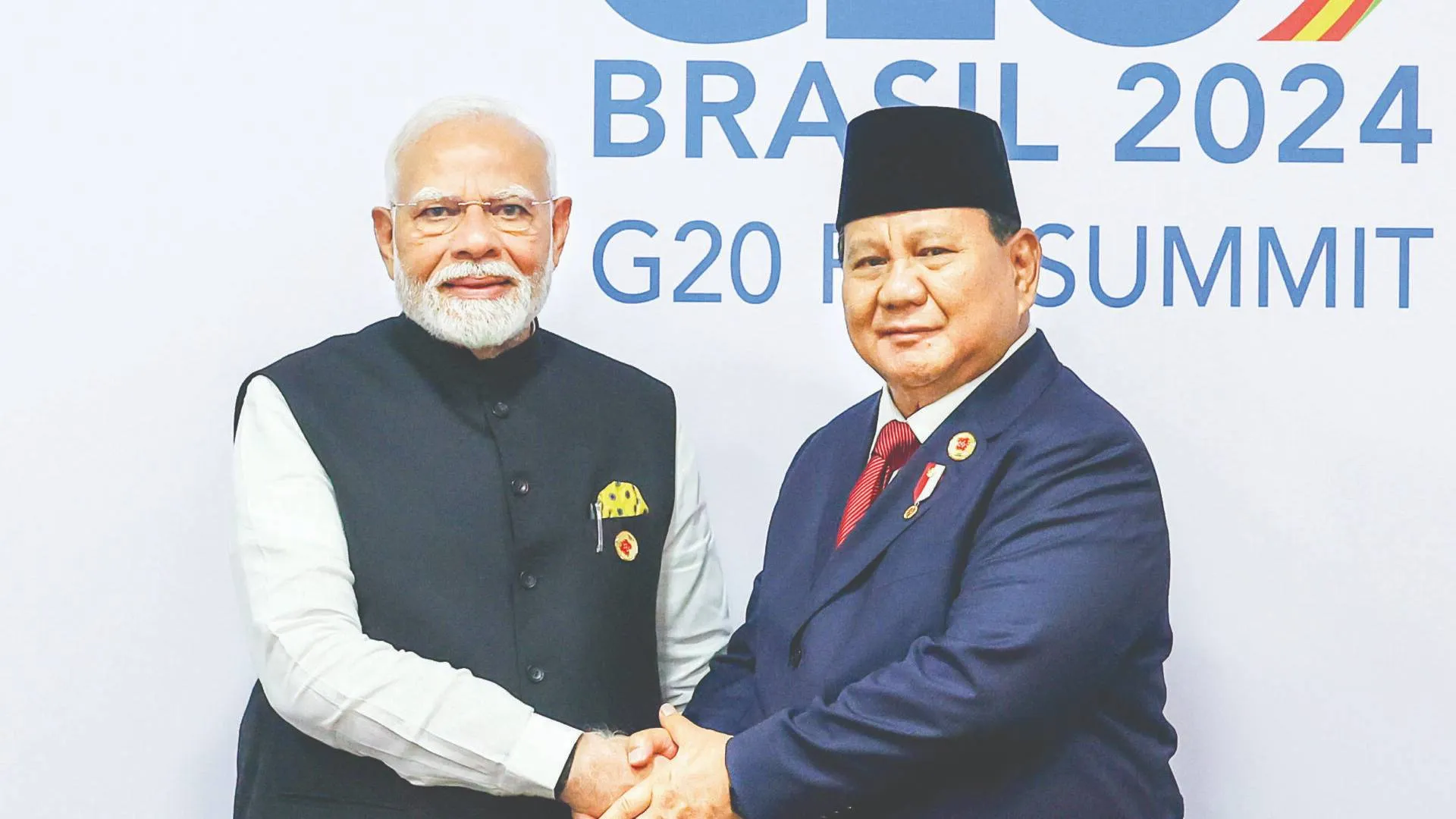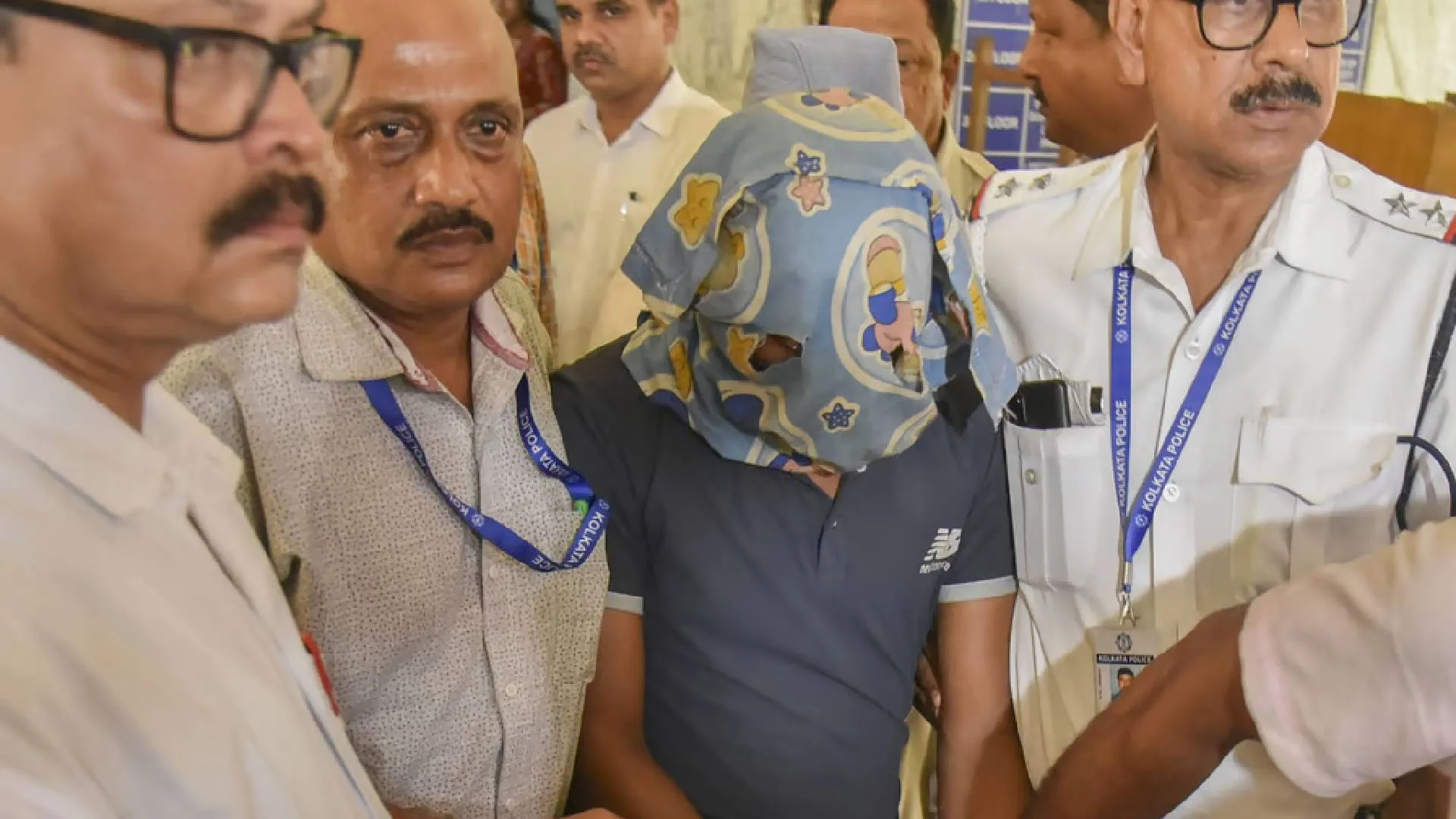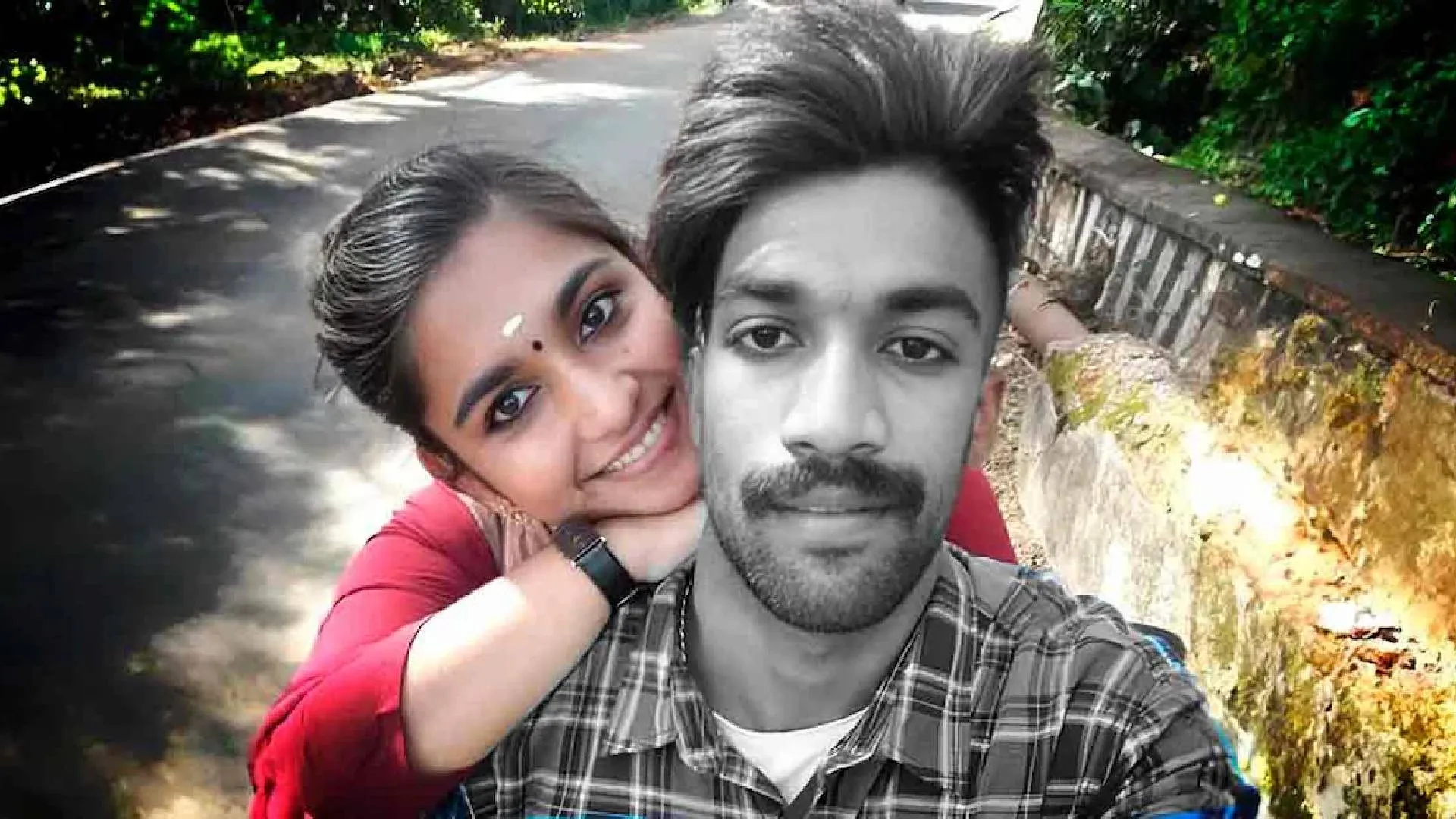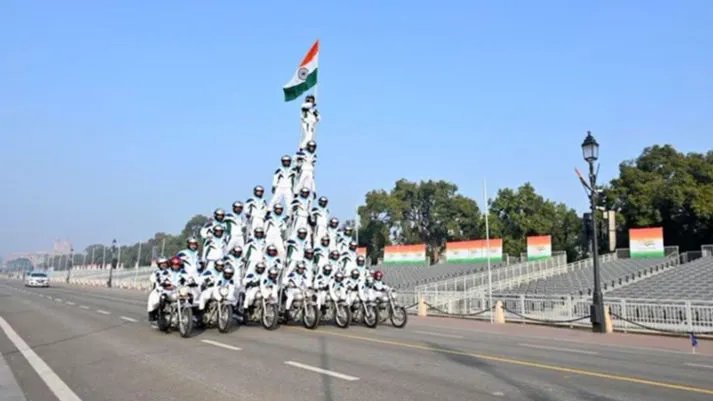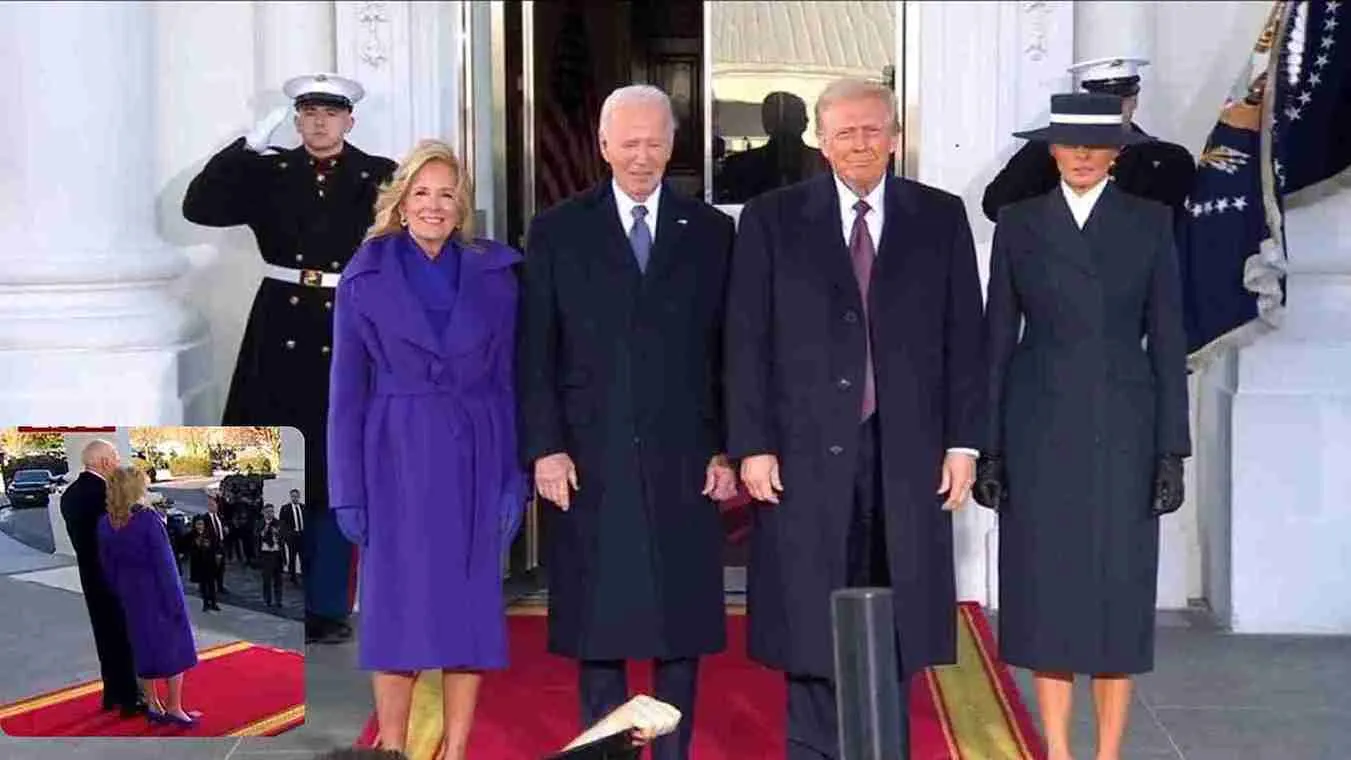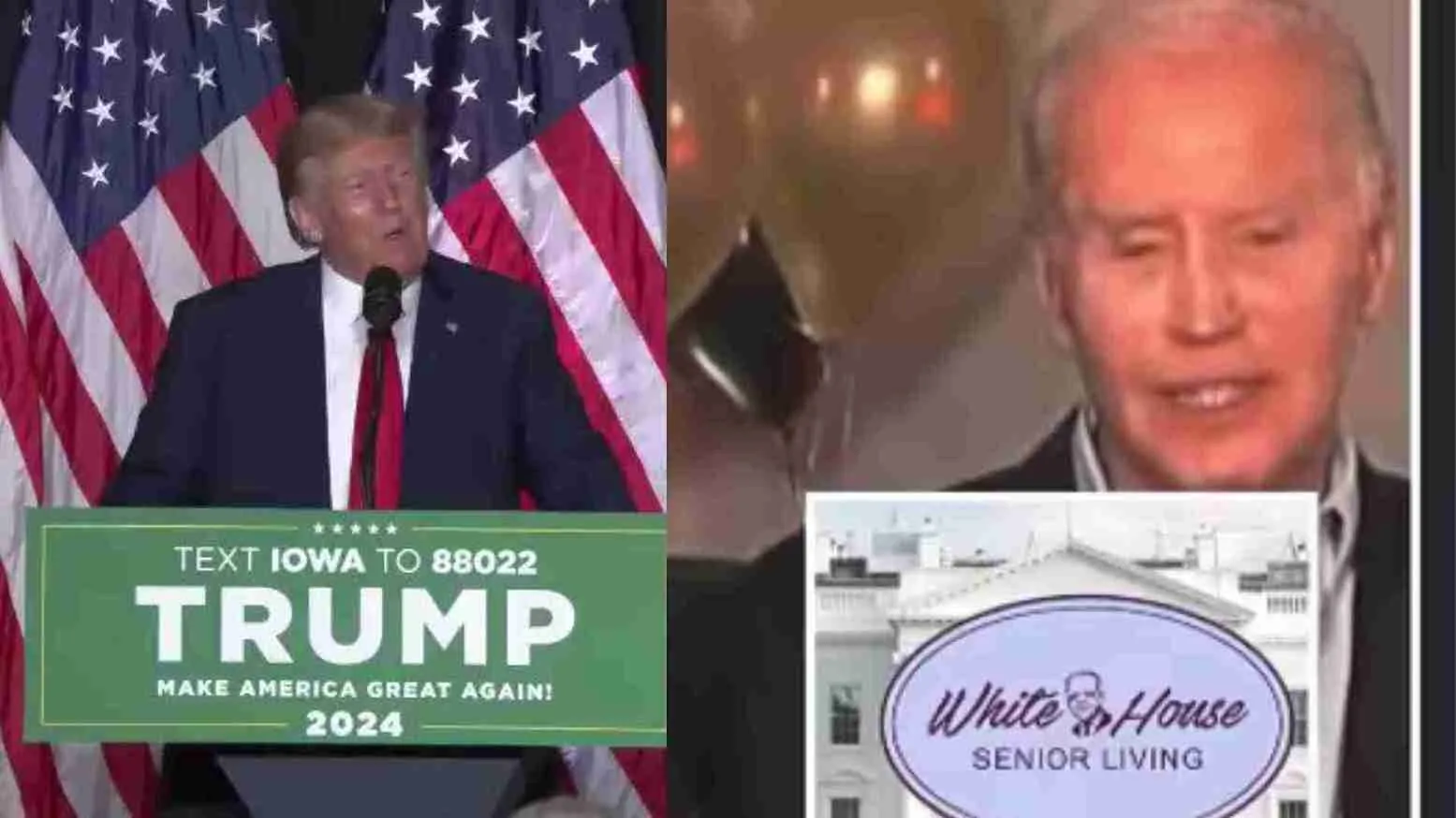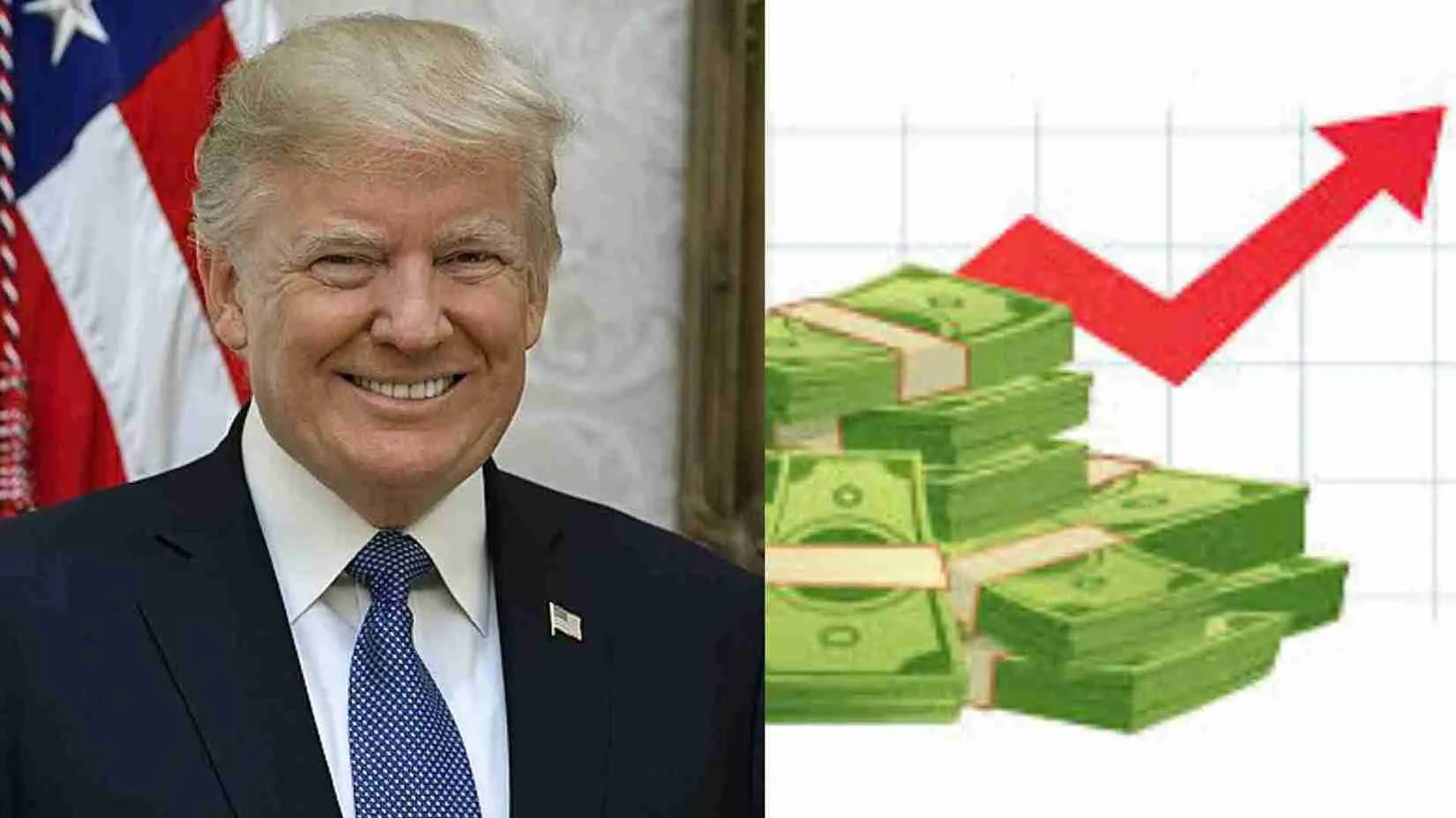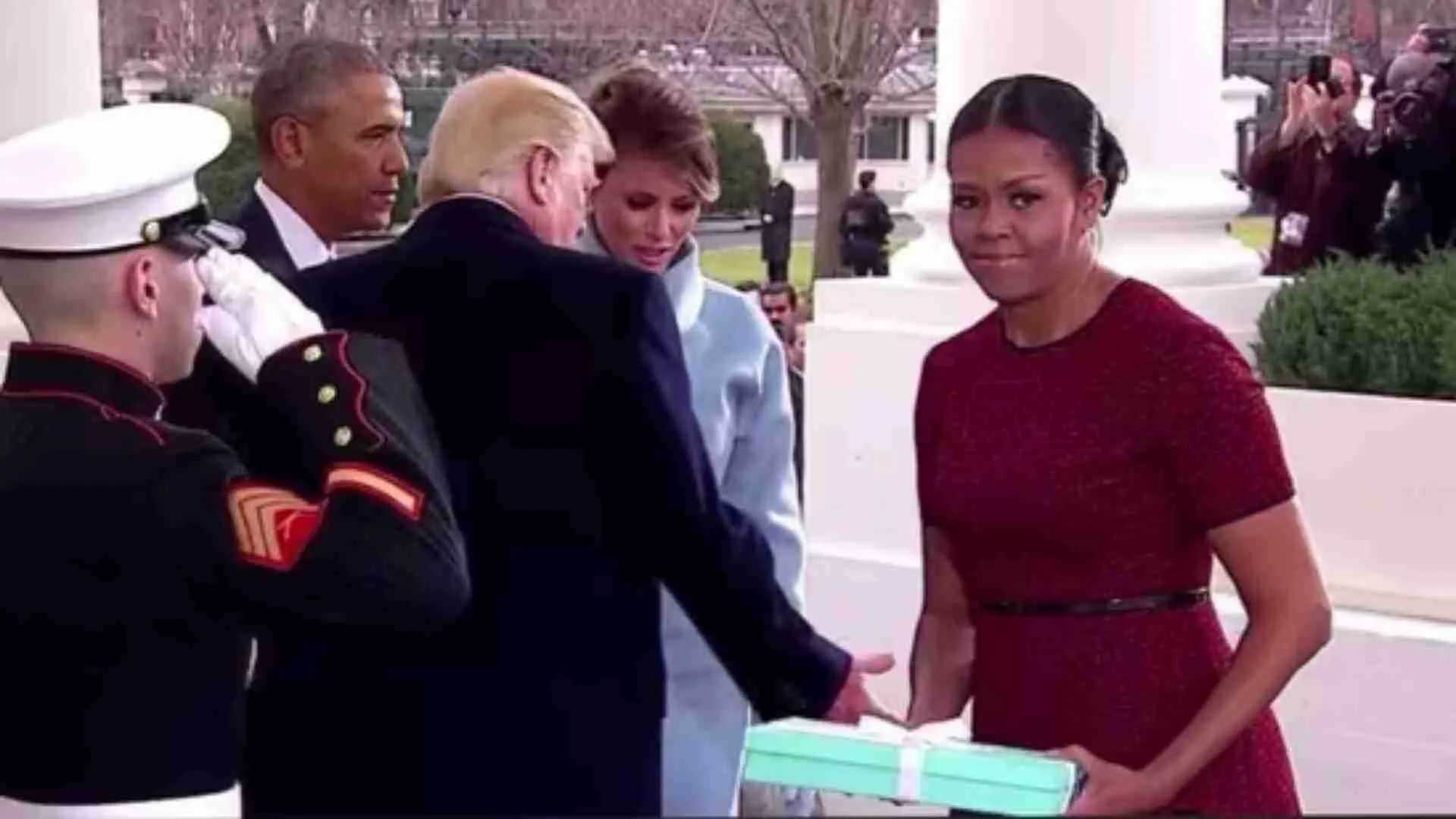The High-Power Committee constituted by the Government of India for ‘One Nation One Election’ had sought suggestions till the last date of Monday, January 15. This deadline has been reached. The Committee will deliberate on the suggestions received and, based on its findings, make appropriate changes in the existing legal-administrative framework to facilitate simultaneous elections across the country.
Implementing a legal-administrative structure for ‘One Nation One Election’ will be a time-consuming process. Therefore, it is crucial to understand the benefits of this initiative.
Costly Affair
The expensive nature of elections, involving significant financial, resource and time expenditure, has inspired the idea for ‘one nation one election’. Currently, elections are held almost every year in different parts of the country, leading to disruptions. It is envisaged to hold simultaneous elections to reduce these disruptions and improve governance.
One Nation One Election was Followed by 1967
Historically, simultaneous elections were the norm until 1967, but various factors such as premature dissolution, defection and divisions led to a permanent election mode with rising expenses. The first proposal of ‘One Nation One Election’ was put forward by the Election Commission of India in 1983, which was later endorsed by the Law Commission in 1999 and reaffirmed in 2018. The idea is to save public money and reduce administrative burden. Ram Nath Kovind, the then President of India and current Chairman of the High-Level Committee on ‘One Nation One Election’, emphasized in 2018 that frequent elections place a heavy burden on human resources and that the model code should be implemented. Reasons that hinder development. Behaviour.
Frequent Elections Adversely Effect on Policies
Frequent elections have an adverse effect on development work and governance, diverting the government’s attention from normal developmental activities. The continuous election cycle also affects policy-making, as short-term electoral gains are prioritized over long-term programs and policies.
‘One Nation One Election’ may Reduce Corruption
Simultaneous elections are expected to minimize disruption to normal public life and reduce corruption by limiting the period of disruption caused by political rallies. Holding simultaneous elections will also control the polarizing effects of elections and curb corruption, as political parties will spend elections only once every five years. Prime Minister Narendra Modi has been a vocal supporter of ‘One Nation One Election’, stressing its importance in curbing spending and accelerating the country’s growth, especially given India’s trajectory towards becoming the third-largest economy globally.
Happened. Dealing with the challenges posed by frequent elections is important to develop solutions and implement simultaneous elections in the country.

